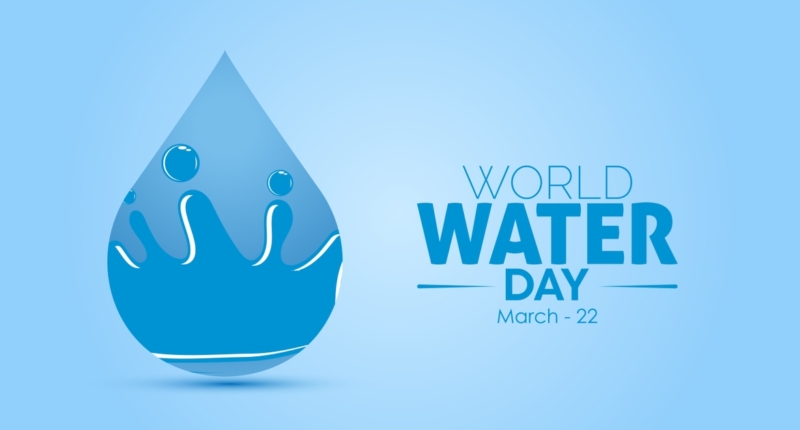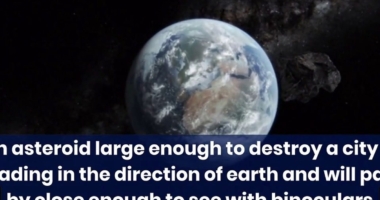NOAA collects ocean data using drifters, buoys, and Argo floats to monitor even the most remote areas. The collected data is used in various ways, including better understanding climate patterns, tracking pollution, predicting weather, and managing fisheries. To celebrate World Water Day, NOAA reminds us of the crucial role that water plays in all aspects of our lives and the importance of protecting this natural resource. Lack of access to clean water has severe implications for global agriculture, economies, and the environment, increasing poverty and decreasing progress throughout the world. However, there are simple actions we can take every day to make a big difference over time, such as taking shorter showers, building a rain garden, buying local and in-season food, being mindful of our water usage, and cleaning up a section of a nearby stream, lake, or beach. NOAA takes water challenges seriously and works every day to improve the nation’s water security by providing science-based information and services to better manage water resources and address vulnerabilities to water risks.
On this World Water Day, it is important to remember that water is the foundation of all life on Earth. From our daily hygiene routine to the production of our food and industrial goods, water plays a crucial role in almost all aspects of our lives. Unfortunately, lack of access to clean water has severe implications for global agriculture, economies, and the environment, increasing poverty and decreasing progress throughout the world. However, there are simple actions we can take every day to make a big difference over time, such as taking shorter showers, building a rain garden, buying local and in-season food, being mindful of our water usage, and cleaning up a section of a nearby stream, lake, or beach.
If you want to take your actions further, NOAA offers several citizen science projects such as the National Marine Sanctuaries Citizen Science, Coastal and Reserve Citizen Science, Phytoplankton Monitoring Network, and Citizen Science Water Level Application that allow you to become more involved.
NOAA takes water challenges seriously and works every day to improve the nation’s water security by providing science-based information and services to better manage water resources and address vulnerabilities to water risks. One way the Water Initiative does this is through its Airborne Snow and Soil Moisture Survey Program, which assesses water from the air and gathers data critical for flood, water supply, and drought forecasting. NOAA collects essential data about the state of the water cycle, from the sky to the sea.
NOAA collects ocean data using drifters, buoys, and Argo floats to monitor even the most remote areas. The collected data is used in various ways, including better understanding climate patterns, tracking pollution, predicting weather, and managing fisheries. Find out more about the ways NOAA uses this data.
Don’t miss interesting posts on Famousbio










